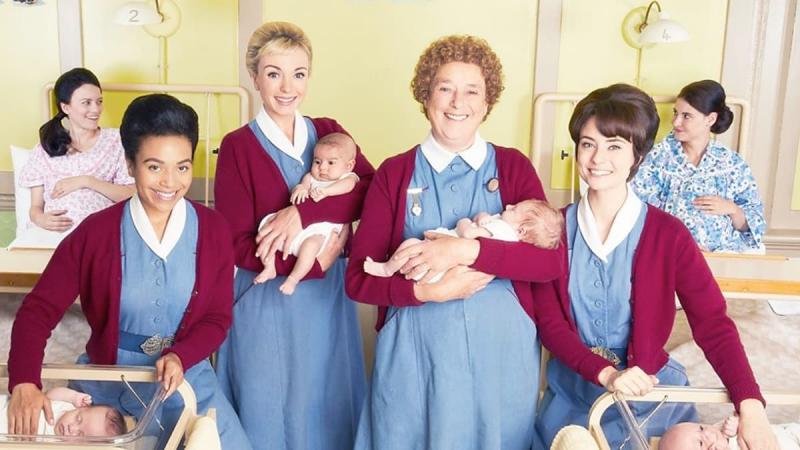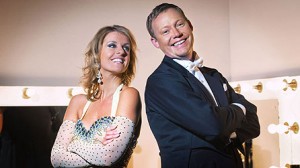Call The Midwife started as a quaint, conventional story of a post-WW2 midwifery practice in East London, based on the memoirs of a real-life midwife – Jennifer Worth – and quickly became a Sunday-night ratings success for the BBC.
Now into its sixth series, the setting may not have changed and the tales of expectant mothers in poverty still abound, but the tone and import of the show has grown and grown.
Setting a series in postwar London has allowed the writers to pick some of the most politically- and socially-charged issues of the past 60 years (many of which still cause arguments to this day) and frame their significance against what one can only call a twee background.
School of Scandals
Take the episode broadcast on Sunday night (S6E7) – into 60 minutes it packed the Thalidomide scandal, clandestine lesbian relationships, racism and mixed-race marriages, alcoholism, divorce, atheism and probably a couple more I’ve missed too.
This is not a one-off. While some of these are ongoing issues, others that have been covered include domestic violence, homosexuality, dementia, the centralisation of the NHS and many more health and social care problems.
Its genius is to present these in such a sympathetic way, with strongly-written characters, that they seem only natural. Many viewers may even find themselves siding with an issue about something they’d normally totally disagree with, so deftly are the plots written.
If you’ve never seen it, you may find it teeth-pullingly saccharine, but it’s worth watching once just to admire the way in which it weaves in the storylines.






